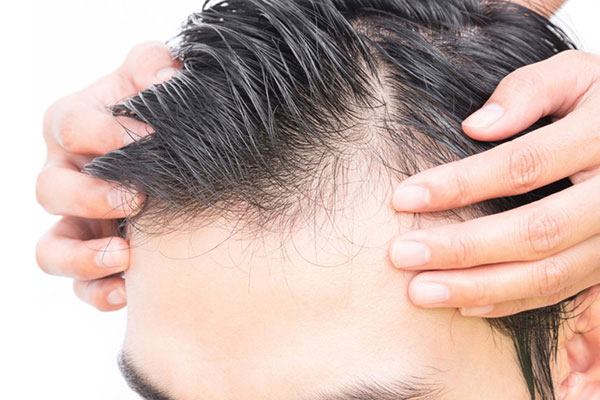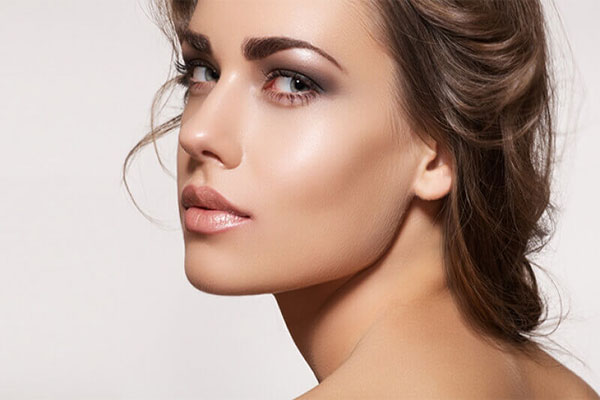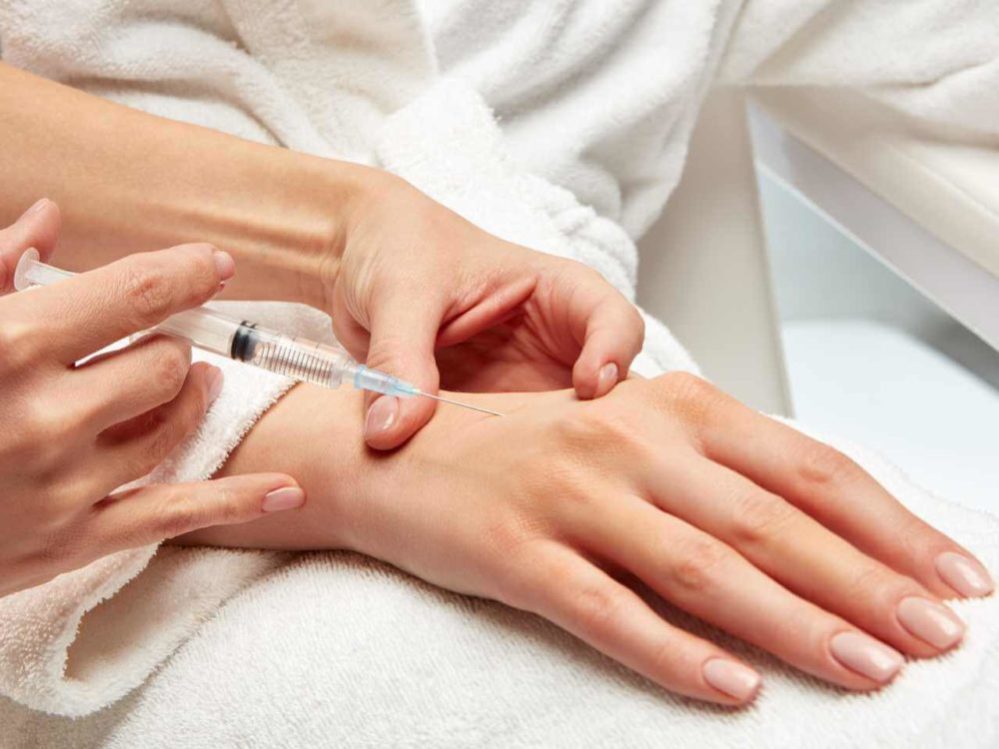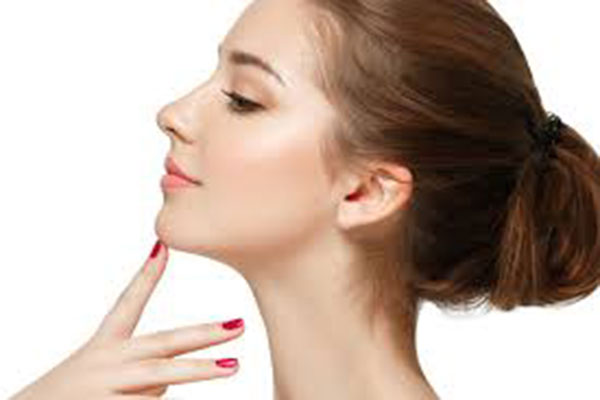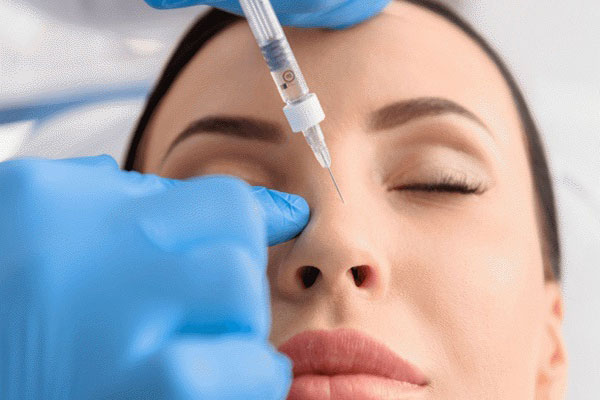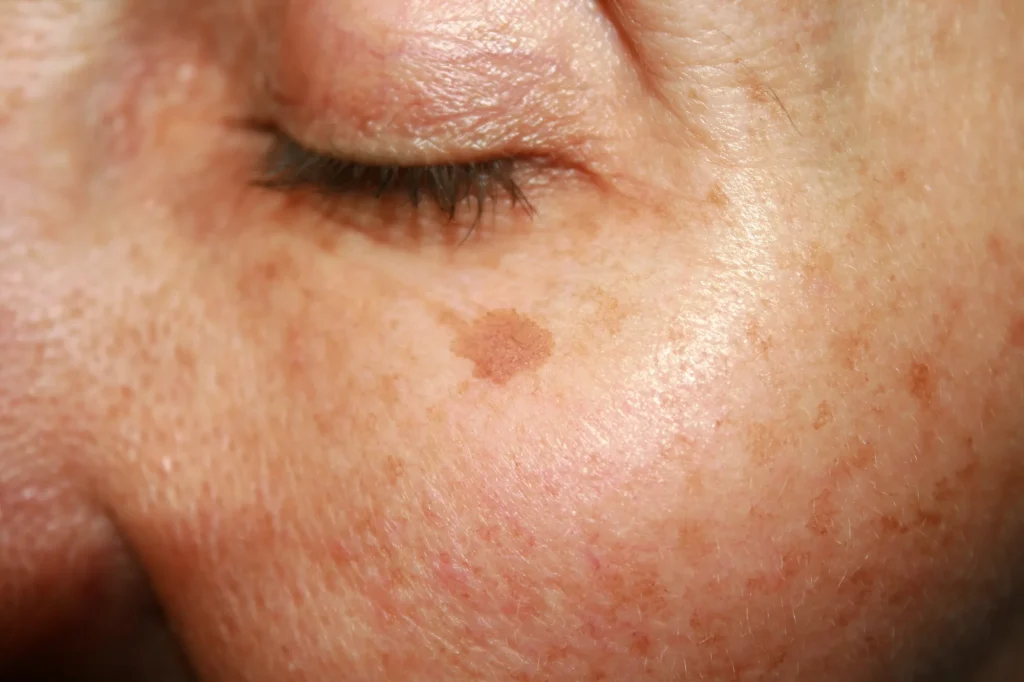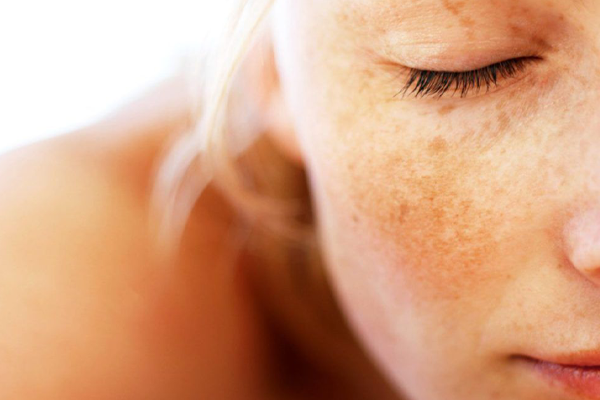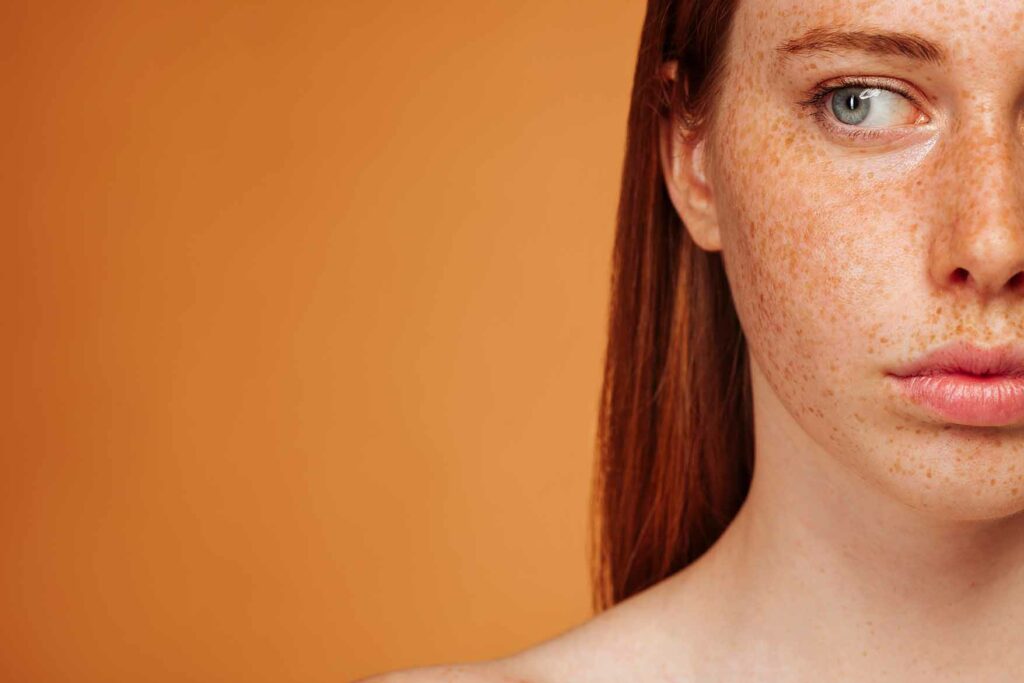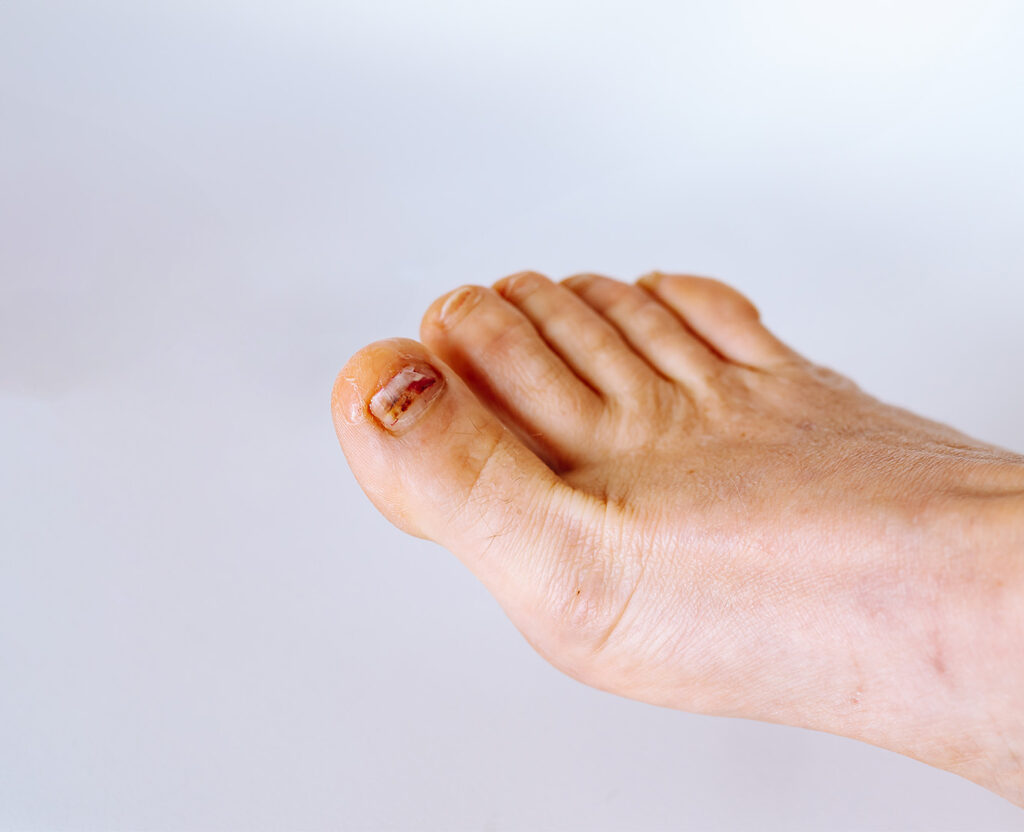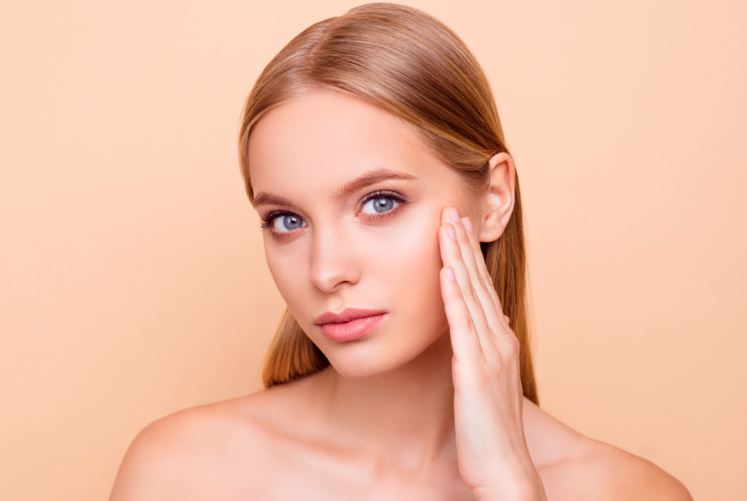
Hair Treatments
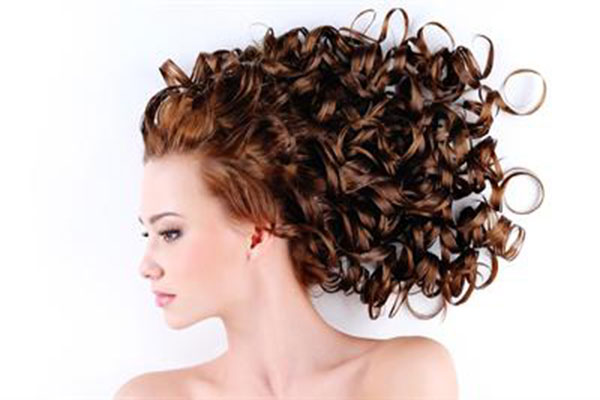
What Are Hair Treatments?
Hair treatments include a range of medical and aesthetic procedures designed to prevent hair loss, strengthen hair roots, improve scalp health, and promote overall hair vitality. Hair problems can arise from genetic predispositions, hormonal imbalances, stress, poor nutrition, and environmental factors. Modern hair treatments aim to address these root causes by stopping or slowing hair loss and revitalizing existing hair.
When Should You Consider a Hair Treatment?
Excessive hair shedding, thinning, itching, flaking, or redness of the scalp may indicate the need for a professional hair treatment. Seasonal shedding and postpartum hair loss are common in women, while androgenetic alopecia (male pattern baldness) is frequent in men. Early consultation with a specialist is crucial to prevent permanent damage to hair follicles.
Common Hair Treatment Methods
PRP (Platelet-Rich Plasma)
PRP involves injecting platelet-rich plasma derived from the patient’s own blood into the scalp. It revitalizes hair follicles, reduces hair loss, and promotes the growth of new hair by stimulating cellular regeneration.
Mesotherapy
A method in which vitamins, minerals, amino acids, and circulation-enhancing agents are micro-injected into the scalp. It nourishes the hair roots and supports healthier hair growth.
Ozone Therapy
Ozone gas is applied to oxygenate the scalp, providing antibacterial benefits and stimulating circulation and tissue renewal. It is beneficial for scalp-related issues such as dandruff or inflammation.
Mora Therapy
This bioresonance technique stimulates hair follicles using electromagnetic signals to restore energy balance. It is especially useful when hair loss is linked to energetic imbalances or stress-related factors.
Advantages of Hair Treatments
When initiated early, non-surgical hair treatments can halt hair loss and strengthen hair without invasive procedures. Sessions are quick and recovery is immediate, allowing patients to return to daily life quickly. These treatments also improve scalp health, helping with issues such as oiliness, dandruff, or dullness.
Impact on Aesthetic Quality of Life
Healthy, voluminous hair significantly enhances appearance for both men and women. Effective hair treatments restore confidence, contribute to a younger look, and improve social and emotional well-being. 🌿
How Many Sessions Are Needed?
The number of sessions depends on the severity of hair loss, hair type, and treatment method. PRP and mesotherapy typically require 3–6 sessions. A personalized treatment plan should be developed by a specialist after evaluation.
Who Is Not Suitable for Hair Treatments?
Hair treatments may not be suitable for individuals with active infections, pregnant women, those with bleeding disorders, or patients with compromised immune systems. A thorough medical evaluation is essential before treatment.
Hair Treatment Prices
Prices vary based on the type of treatment, number of sessions, products used, and the area to be treated. For a customized plan and detailed pricing, please contact our clinic directly.
| Treatment | Target Area | Recommended Sessions | Session Duration |
|---|---|---|---|
| PRP | Hair loss, weak follicles | 3–6 sessions | 30–40 minutes |
| Mesotherapy | Hair root nourishment | 4–8 sessions | 20–30 minutes |
| Ozone Therapy | Scalp circulation & renewal | 5–10 sessions | 20 minutes |
| Mora Therapy | Energetic balancing | 6–10 sessions | 30 minutes |
Conclusion
Hair treatments offer safe and effective solutions to support scalp health and prevent hair loss. Early intervention can protect existing hair and stimulate new growth. With the guidance of experienced professionals, customized treatments improve both aesthetic appearance and quality of life.
Frequently Asked Questions
Are hair treatments painful?
Most procedures cause only minor discomfort such as a slight pinching sensation. Topical anesthetic creams can be applied if needed.
When will I start seeing results?
Noticeable improvement typically begins after the second or third session, with reduced shedding and increased vitality.
Do treatments work for all types of hair loss?
Results depend on the underlying cause. Early-stage genetic hair loss responds better to treatment than advanced stages.
Is home care alone sufficient?
While supportive, home care is more effective when combined with professional treatments for long-term improvement.

